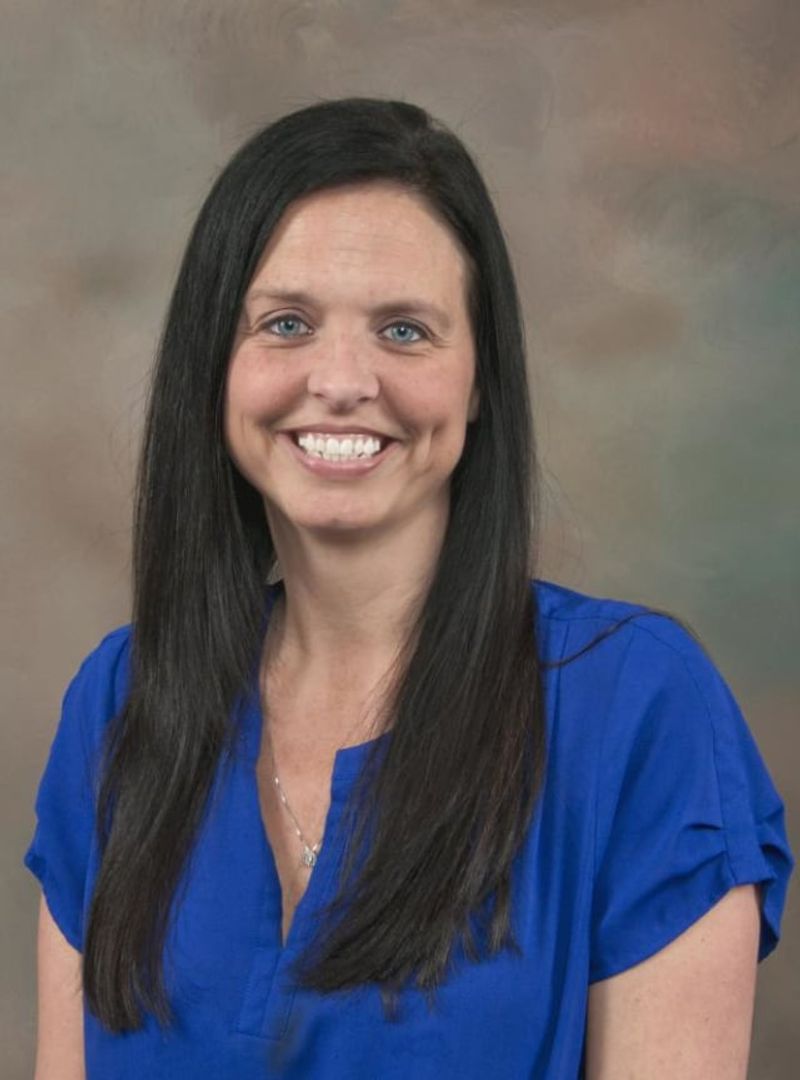National Eating Disorders Awareness Week: Increasing Knowledge to Encourage Conversation

If you were to ask several people to describe the physical appearance of a person with an eating disorder, you would most likely receive very similar responses - “an excessively thin, frail, teenage girl.”
While this representation could be true for some, this illness does not discriminate. It affects people of all ages, genders, races, and sizes, and is oftentimes not recognizable purely by appearance. The common physical perception of those with eating disorders contributes to the stigma of the illness.
The National Eating Disorders Association defines this stigma as the wall between the individual and the help they need. Many people with eating disorders are fearful of what others will think of them. Having an eating disorder is difficult on its own, without the additional stress of negative perceptions.
According to the National Association of Anorexia Nervosa and Associated Disorders, nearly 30 million Americans have an eating disorder, and less than 6% of these people are actually medically diagnosed as “underweight.”
If we can remove the stigma, this wall, we can encourage conversation. And, this is only possible through knowledge.
“If more and more people can truly understand and are aware of the various eating disorders, it will allow those that are suffering from this disease to reach out for help,” said Kaleah Hendren, family nurse practitioner at Family Care Center of Mocksville.
What is an eating disorder?
Eating disorders are mental illnesses that deal with a person’s unhealthy relationship with food and body image. The harmful behaviors from eating disorders can take control of a person’s life.
When it comes to eating disorders, it’s important to understand that people do not choose to have this illness.
“People are often perceived by others as the main cause of their disorders, or that they are to blame for what they experience,” said Hendren.
However, an eating disorder is a life-altering mental illness, not a choice. It is not like choosing a healthy diet, or trying to manage your weight.
What are the signs of an eating disorder?
The most common eating disorders are anorexia nervosa, bulimia nervosa, and binge eating.
Anorexia nervosa is marked by self-starvation and drastic weight loss, while bulimia nervosa involves a secretive cycle of binge eating followed by purging. Binge eating involves periods of excessive eating but not purging.
Purging means doing something to compensate for or undo the effects of eating. This can include self-induced vomiting, abusing laxatives or diuretics, fasting, or excessive exercising.
“In general, behaviors and attitudes that indicate weight loss, dieting, and control of foods can indicate an eating disorder. Extreme concerns with body image, mood swings, and withdrawal from friends and activities are also common signs,” said Hendren.
Signs of eating disorders can be hard to detect or admit, but recognizing these signs can save lives.
What causes an eating disorder?
Eating disorders are becoming more and more prevalent with unrealistic body expectations represented in the media.
“Our children are being brainwashed by TV shows that depict super skinny models and celebrities. Therefore, all they can think about is being that skinny and looking like someone else,” said Hendren.
Along with the cultural glorification of thinness, other factors that can contribute to the development of eating disorders are low self-esteem and troubled family relationships.
Typically, people with eating disorders use the control of food as a way to cope with overwhelming feelings or situations. It makes them feel like they are in control, even when things around them seem out of control.
Are eating disorders treatable?
Sadly, if not treated, eating disorders can result in serious medical problems that may even lead to death, commonly from heart and kidney complications. An estimated 4-5% of people with a serious eating disorder do not survive.
Luckily, eating disorders are treatable as long as the individual is open to treatment.
According to Hendren, you must first find the root cause.
“If depression and anxiety are issues, then a person can try counseling and therapy, or even start medication,” she said.
And like many diseases and illnesses, eating disorders are treated best when diagnosed early.
How can I help someone with an eating disorder?
When you notice the signs of an eating disorder in a friend or family member, it can feel scary and intimidating. It’s hard to know the best way to approach this conversation.
The first thing you can do is become knowledgeable of eating disorders.
“One of the most important things you can do is actually learn about the disorder itself and the emotional toll it causes another person to have,” said Hendren.
You must understand that you, yourself, cannot solve the problem single-handedly. It requires help and assistance from medical and mental health professionals. Also, you cannot force someone to get help, it’s their decision, and this process can be difficult and lengthy.
When approaching someone about an eating disorder, make sure to talk in a safe environment where the person feels comfortable. Be compassionate and express your concern rather than accusing the person of a problem.
“Eating disorders are extremely complex, so being told to ‘get over it’ or to ‘just eat’ is extremely unhelpful and will result in nothing but the individual feeling as though they can’t talk to you about their troubles,” said Hendren.
“Instead, let your friend or loved one know what you’ve observed and that you are worried about them,” she added.
Be empathetic and encourage them to seek help so that they can feel better.
Eating disorders are a sensitive topic, but by becoming knowledgeable and removing the stigma, we can facilitate conversation and let people know they are not alone.
Kaleah Hendren practices at Family Care Center of Mocksville, located at 101 Wilkesboro Street in Mocksville. If you would like to schedule an appointment with Hendren, please call 336-753-0805.

















%20(5)%20(1).jpg)







